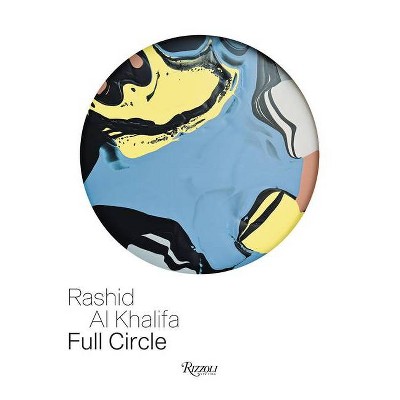The Shell - by Moustafa Khalifa (Paperback)
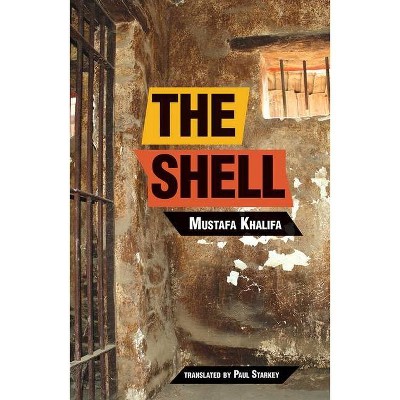
Similar Products
Products of same category from the store
AllProduct info
<p/><br></br><p><b> About the Book </b></p></br></br>?The work of a moder-day Sozhenitsyn that exposes acts of violence and brutality committed by the Syrian regime. This compelling first novel is the astonishing story of a Syrian political prisoner of consciencean atheist mistaken for a radical Islamistwho was locked up for 13 years without trial in one of the most notorious prisons in the Middle East. The novel takes the form of a diary which Musa keeps in his head and then writes down upon his release. In Tadmur prison, the mood is naturally bleak and yet often very beautifully captured. The narrator, a young graduate, is defiant and stoical, and somehow able to pick out humor and irony in the shocking events and characters he describes. Considered by many in the Arab world to be a symbol of the Syrian opposition in the current civil war, this novel provides an essential perspective on the tragedy the Syrian people are living through.<p/><br></br><p><b> Book Synopsis </b></p></br></br>?The work of a moder-day Sozhenitsyn that exposes acts of violence and brutality committed by the Syrian regime. This compelling first novel is the astonishing story of a Syrian political prisoner of conscience--an atheist mistaken for a radical Islamist--who was locked up for 13 years without trial in one of the most notorious prisons in the Middle East. The novel takes the form of a diary which Musa keeps in his head and then writes down upon his release. In Tadmur prison, the mood is naturally bleak and yet often very beautifully captured. The narrator, a young graduate, is defiant and stoical, and somehow able to pick out humor and irony in the shocking events and characters he describes. Considered by many in the Arab world to be a symbol of the Syrian opposition in the current civil war, this novel provides an essential perspective on the tragedy the Syrian people are living through.<p/><br></br><p><b> Review Quotes </b></p></br></br><br>From 1982 to 1994, Syrian topographer Khalifa was incarcerated in his country's infamous Tadmur Military Prison, and his decision to present his experiences as fiction results in a document both haunting and bold. Perhaps only fiction could do justice to the suffering he endured, but as the narrator also notes, explaining that he resorted to an Islamist technique called mental writing to store up what he experienced, I cannot write and say everything. The selected scenes of beatings, torture, hunger, and executions are scalding enough. Having fatefully decided to return home from France, Khalifa's young narrator is immediately imprisoned and accused of being a Muslim terrorist. In fact, he is Christian-raised and proclaims himself an atheist, which serves to isolate him from his scornful fellow inmates and makes his imprisonment even worse. The story arcs persuasively from the narrator's first shocks through his steady endurance in the shell that was his prison to his survival upon release in a second shell that's becoming thicker and blacker. VERDICT HighlyÌârecommended.-- "Library Journal (starred review)"<br><br>Khalifa's debut novel, about a Syrian political prisoner, entrances with grippingly journalistic detail and incisive psychological descriptions. Told in the first person, the book recounts atheist filmmaker Musa's wrongful imprisonment as a Muslim extremist while returning to Syria from Paris. In the form of diary entries that he composes after his release, Musa tells of his experience leaving Paris and the monotony of his 14-year incarceration, including ostracization by other inmates and how he focused his attention on a growing crack on his cell wall that became a keyhole to the outer world. Khalifa vividly and graphically details the extreme torture Musa and others undergo. Khalifa (who was sent to a Syrian jail for more than a decade in 1982) captures what a long-term imprisonment feels like, both the overwhelming claustrophobia and the stray ray of light. Impressively fictionalizing his own harrowing experiences, Khalifa shines a much-needed light on a war outside the bounds of international law.-- "Publishers Weekly"<br><br>Khalifa's superb debut novel is structured as the prison diary of Musa, a Syrian who has been studying film in France for six years. He decides, against the wishes of his friends, to return home after his studies. Upon arrival, he is mysteriously thrown into a horrific desert prison (based on the real Tadmor prison) for 14 years, the setting for most of what follows. Musa announces that his family is Christian and that he an atheist, so his fellow prisoners, almost exclusively devout Muslims, ostracize him. Marginalized, Musa adapts the detached perspective of a sociologist, noting the hierarchies and patterns of prison life. In spare, lucid prose, Khalifa, a Syrian novelist- and political-commentator-in-exile, vividly describes the almost otherworldly existence of the prisoners. Told in jump cuts that mirror Musa's film background, his diary documents not only reflect the relentless monotony and terror of imprisonment, but also the prisoners' ingenuity: how they survive outbreaks of diseases, how they stay cool in the desert heat, and their sacrifices for each other. With echoes of Solzhenitsyn and Kafka's The Trial, this demanding novel is an important account of the horrors perpetuated by the Syrian regime.-- "Booklist (starred review)"<br><br>Mustafa Khalifa's debut effort, The Shell, is difficult to stomach. It is also undoubtedly necessary. A fictional account that emerges from one of the most relevant and contemporary scenarios, the text anchors the reader with its examination of depravity yet engages and compels its audience to read on as the work illuminates treasured, albeit painful, moments of perseverance and triumph. Musa, a film student studying in France, is immediately apprehended after landing in his home of Syria. He is subsequently withheld, tortured, and then transferred to the harshest prison under Bashar al- Assad's regime. Repeatedly stripped of his humanity and pressed against death's precipice, Musa survives with dark humor and the solace brought with a shared struggle. The narrator quickly develops a mode of memorization derived from the practice of his fellow inmates, cognitively noting his struggle and biding time until he can record his journal physically. Unfortunately, Musa is forced to endure for over a decade, a duration Khalifa echoes with his harrowing prose. Khalifa's illustration of torment is striking and compelling. In some instances, the writer's imagery is akin to Dante Alighieri's Inferno as each pursuant episode sets a new precedent of human horror. To combat this, Khalifa maintains a realism and optimism through the lives of the inmates, often providing a very real face to an otherwise nameless and imminent cadaver. As the novel progresses, Musa's predicament slowly morphs from scenes of helplessness, such as when he is forced to swallow the mucus of a prison guard, to challenges the narrator is prepared to overcome. That is not to suggest the content of the novel's latter half grows desensitized, but it is evident of Musa's resolve. Though Khalifa's attention to detail is exceptional, the unanticipated comedy of his discourse is often its most compelling suit. From the brief exchange Musa shares with a fellow prisoner after the latter party mistakes his toe for the lips of his wife, to the tale of a particularly aggressive guard's acquisition of a new nickname at his own expense, each instance provides a needed reprieve, proving the most troubling of scenarios cannot hinder the spectrum of emotion. Khalifa's masterful control of pace keeps these asides from trivializing the meat of his work, instead building toward an empathetic whole. The Shell's faults are few, though some of the text's key characters can feel minimalized before there is an opportunity to become too attached. However, this periodic feeling does seem in line with the grizzly and fatalistic nature of The Shell's primary setting. Despite this, the novel perseveres, conveying strength in humanity throughout its darkest depths.-- "World Literature Today"<br>
Price History
Cheapest price in the interval: 13.99 on October 27, 2021
Most expensive price in the interval: 13.99 on November 8, 2021
Price Archive shows prices from various stores, lets you see history and find the cheapest. There is no actual sale on the website. For all support, inquiry and suggestion messages communication@pricearchive.us
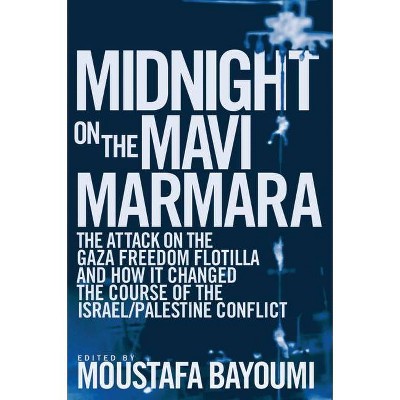
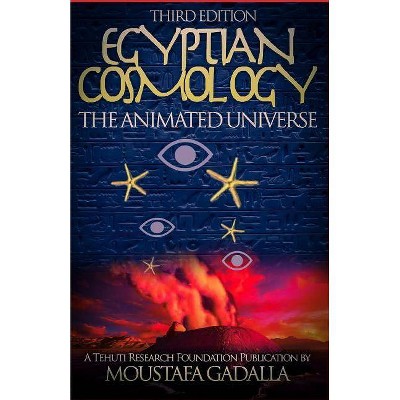
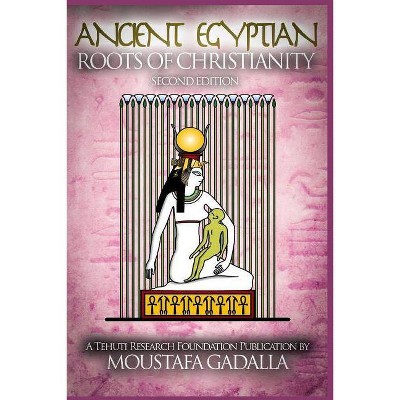

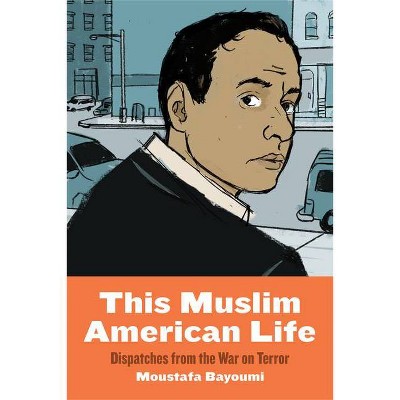
![Wiz Khalifa - O.N.I.F.C. [Explicit Lyrics] (CD)](https://target.scene7.com/is/image/Target/GUEST_ff51c423-6308-466b-a633-a3b2e2d7e3fb)
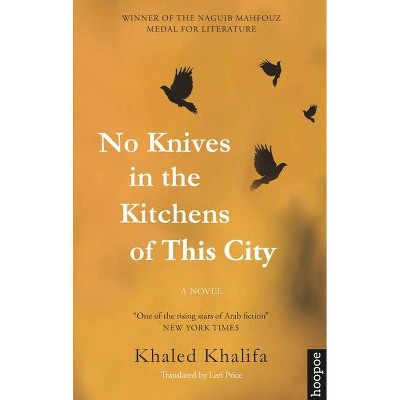
![Wiz Khalifa - Rolling Papers [Explicit Lyrics] (CD)](https://target.scene7.com/is/image/Target/GUEST_1e5b8e05-36c3-4c48-9a37-d6efc21acf4d)
